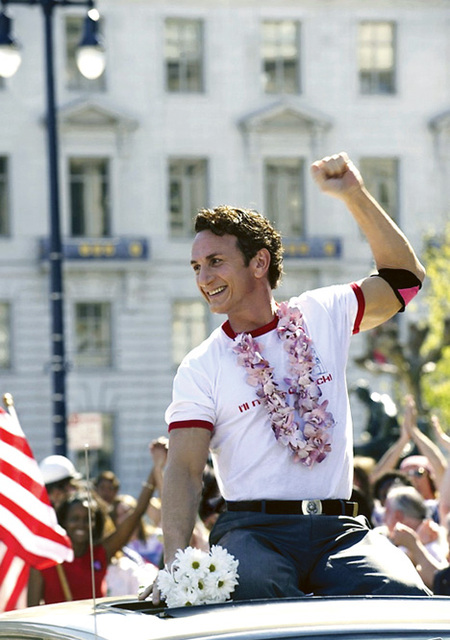Film Review: Milk
Biopic Breathes Life Into Counterculture Crusader


“Luau at my house!”
Latest Article|September 3, 2020|Free
::Making Grown Men Cry Since 1992


“Luau at my house!”